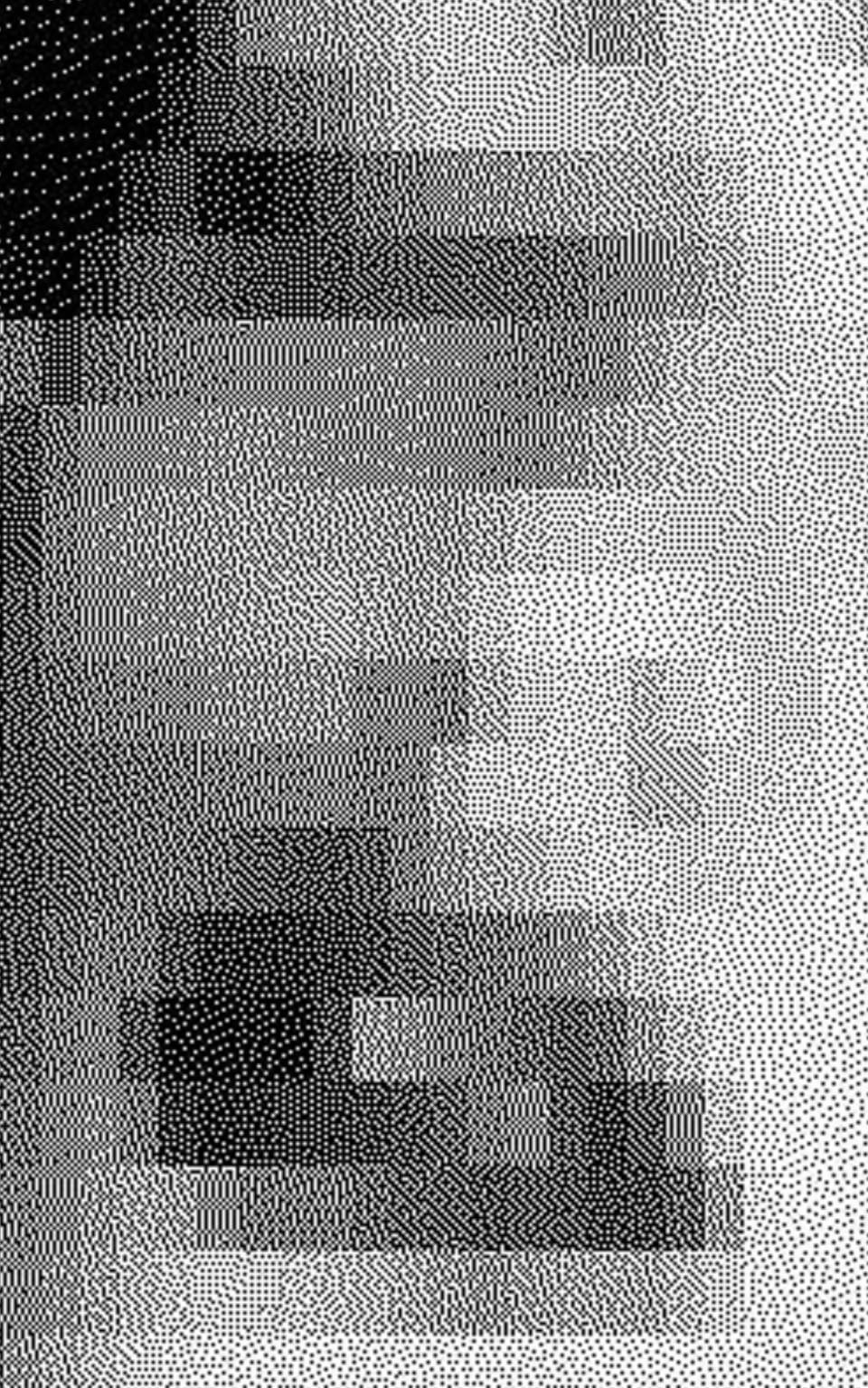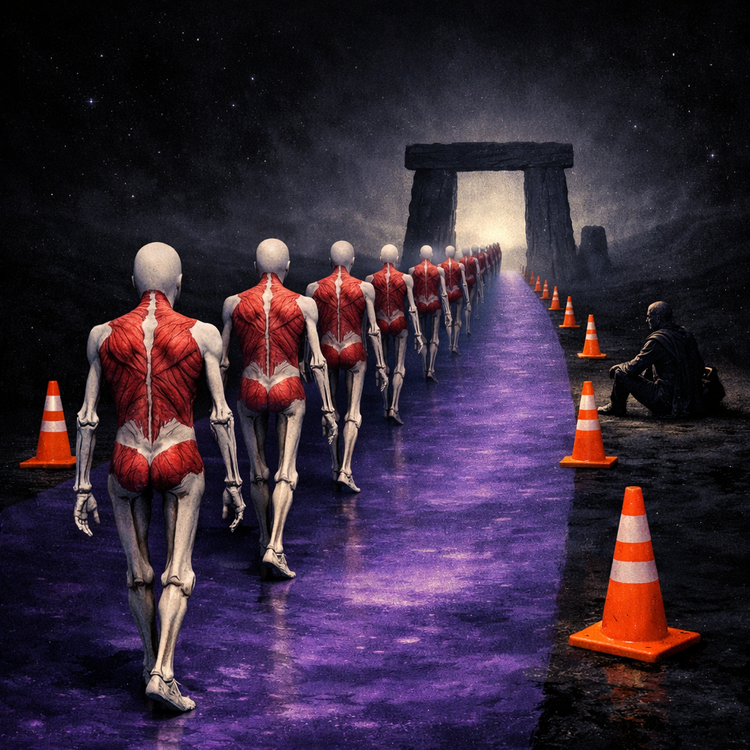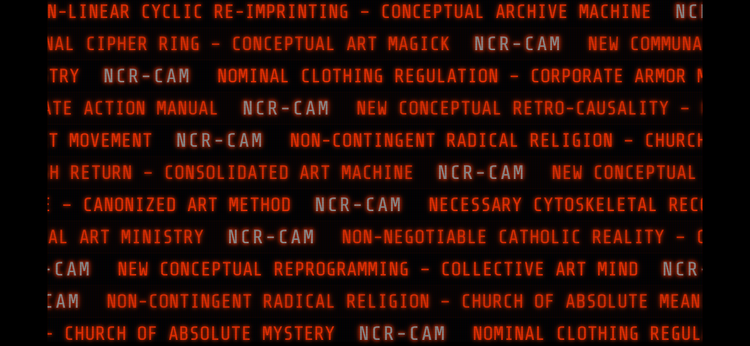A Mirror of Fracture and Fidelity: Storytelling, Simulation, and the Ethics of Small Acts in the Intergenerational Conundrum

In an era saturated with narrative, where the spectacle of meaning often replaces its substance, the human condition emerges not merely as a paradox, but as an ongoing performance of contradiction. We are beings suspended between our capacity for reason and our tendency for justification—creatures who long for unity but fracture over competing mythologies of the good.
At the core of this conundrum lies our compulsive myth-making, a recursive feedback loop Baudrillard might identify as simulacra of morality: tales told not to uncover truth, but to retroactively validate action. In this view, ideology becomes a self-referential system—a just-so story—not to explain the world, but to maintain an illusion of coherence amid its chaos. Religion, nationalism, liberalism, and even rationalism become signs of goodness rather than instruments of it. They signal virtue while often concealing—or excusing—violence.
Yet this is not a eulogy for truth. It is a mirror, and an invitation.
To be human is to inhabit fault.
To err is not the exception—it is the structure. But within this structure is also the ghost of our better selves: a latent potential for ethical clarity that does not require perfection, only sincerity.
If perfection is impossible and consensus elusive, what then remains? The answer is neither utopia nor nihilism, but fidelity—a deliberate, humble dedication to causes that generate net goodness, judged not by abstract purity, but by downstream consequence. We must, as intergenerational actors, assess our impacts not just for today, but for a continuum of futures—imagined, unfinished, and not entirely ours.
This ethic resists grandeur. It is, by design, decelerated.
Where contemporary culture urges optimization and scale, the call here is toward deliberate smallness—the ethical minimalism of tending a garden, comforting a child, declining complicity. These are acts that do not seek to simulate goodness but to enact it—quietly, and with no guarantee of recognition. They are not weak alternatives to activism or revolution; they are the substrate from which any meaningful future must be grown.
In this frame, intergenerational storytelling is not merely a transmission of knowledge or tradition, but a recursive act of ethical orientation. Each generation retells the human story not to mirror the past, but to remix it—to simulate the conditions for meaning, even when truth feels untouchable. And in doing so, they forge a fragile but enduring continuity: not a lineage of perfect wisdom, but a thread of persistent care in a world that rewards neither persistence nor care.
To act with decency, to contribute quietly, to evaluate not what one can win but what one might heal—this is not surrender. It is resistance to the hyperreal. It is a refusal to let narrative eclipse ethics. It is the decision to live in the tension between the myth and the real, between the brokenness and the bond.
It is, perhaps, the only authentic act left.
And so, the human condition, in all its chaos, offers not resolution but responsibility. Not salvation, but stewardship. In the ruins of ideology and the fog of competing truths, we may still choose to be good ancestors—not because we are certain, but because we care enough to try.
That, too, is a story worth telling.






Member discussion